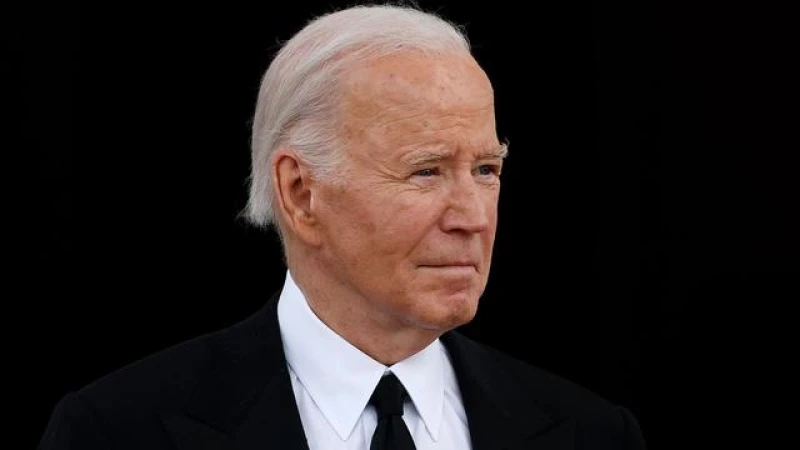In a move to alleviate the burden of student debt, the Biden administration announced on Friday the cancellation of $7.4 billion in student loans for 277,000 borrowers. Recipients can expect to receive emails today informing them of the discharge of their loans.
This action marks the latest initiative in President Joe Biden's efforts to provide debt relief to student loan borrowers, following the Supreme Court's blockage of his administration's previous plan for widespread loan forgiveness. With this latest round of loan cancellations, the White House has now forgiven approximately $153 billion in debt for 4.3 million student borrowers.
"In New York this week, a teacher shared her story of taking out a $30,000 loan that ballooned to $60,000 after years of payments. The high interest rates meant her payments barely made a dent in the principal," stated Cardona on Friday.
He emphasized, "We are committed to fixing this broken system. Our relentless efforts aim to transform it into one that truly serves the people nationwide."
Here's a breakdown of who qualifies for the latest round of student loan forgiveness.
Who is eligible for student loan forgiveness?
According to the White House, three groups are eligible for the recent round of debt relief.
- $3.6 billion will be allocated for 206,800 borrowers enrolled in the SAVE plan.
Approximately $3.6 billion in forgiveness will be granted to nearly 207,000 borrowers who are part of the Saving on a Valuable Education (SAVE) plan. This income-driven repayment program, established by the Biden administration last year, focuses on forgiving loans for individuals who initially borrowed $12,000 or less for their college education. Borrowers with larger loan amounts become eligible after 20 or 25 years of repayment, depending on the loan types.
- A total of $3.5 billion has been allocated to assist 65,700 borrowers enrolled in income-repayment plans.
These borrowers are set to receive loan forgiveness through "administrative adjustments" to their repayment plans, rectifying instances where loan servicers had previously made it difficult for some borrowers to qualify for relief.
Education Secretary Cardona emphasized, "These individuals have been diligently making payments for an extended period but were unjustly denied relief due to administrative and servicing errors. They have fulfilled their loan obligations and are now eligible for forgiveness."
- Additionally, $300 million has been earmarked to aid 4,600 borrowers under the Public Service Loan Forgiveness (PSLF) program.
The PSLF initiative aims to support public servants such as teachers and government workers in attaining debt forgiveness after a decade of repayment. Although the program was initiated in 2007, it had been mired in intricate regulations that hindered many individuals from having their debts absolved, resulting in only 7,000 beneficiaries prior to the Biden administration taking office.
Following this latest wave of discharges, the Biden administration has now forgiven a total of $62.8 billion in loans for 876,000 borrowers through the PSLF program.
Legal Battles Arise Over Biden's Student Debt Forgiveness Plans
Challenges have emerged against President Biden's student debt forgiveness initiatives, with Republican attorneys general from 18 states filing two separate lawsuits. The attorneys general are seeking to invalidate the SAVE plan and halt any further student loan cancellations, arguing that the plan exceeds Biden's legal authority and hinders states' ability to attract employees. Additionally, they claim that the SAVE plan undermines an existing debt forgiveness program aimed at promoting careers in public service.
The implications of these legal actions on previously forgiven loans remain uncertain. A court filing by the attorney general of Kansas suggests that any loan forgiveness granted during the ongoing litigation may not be subject to reversal.







